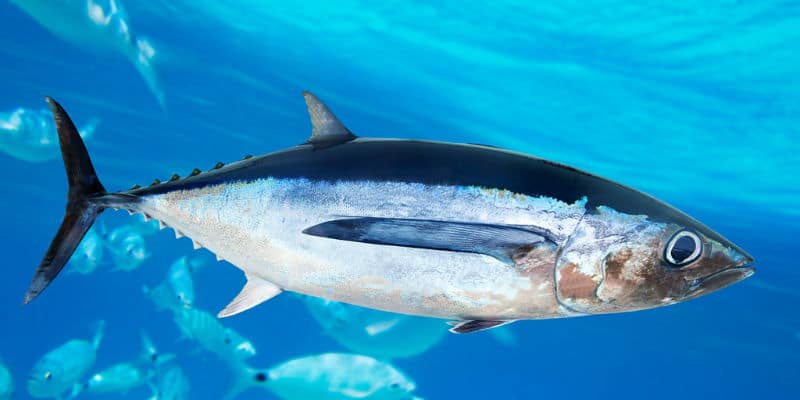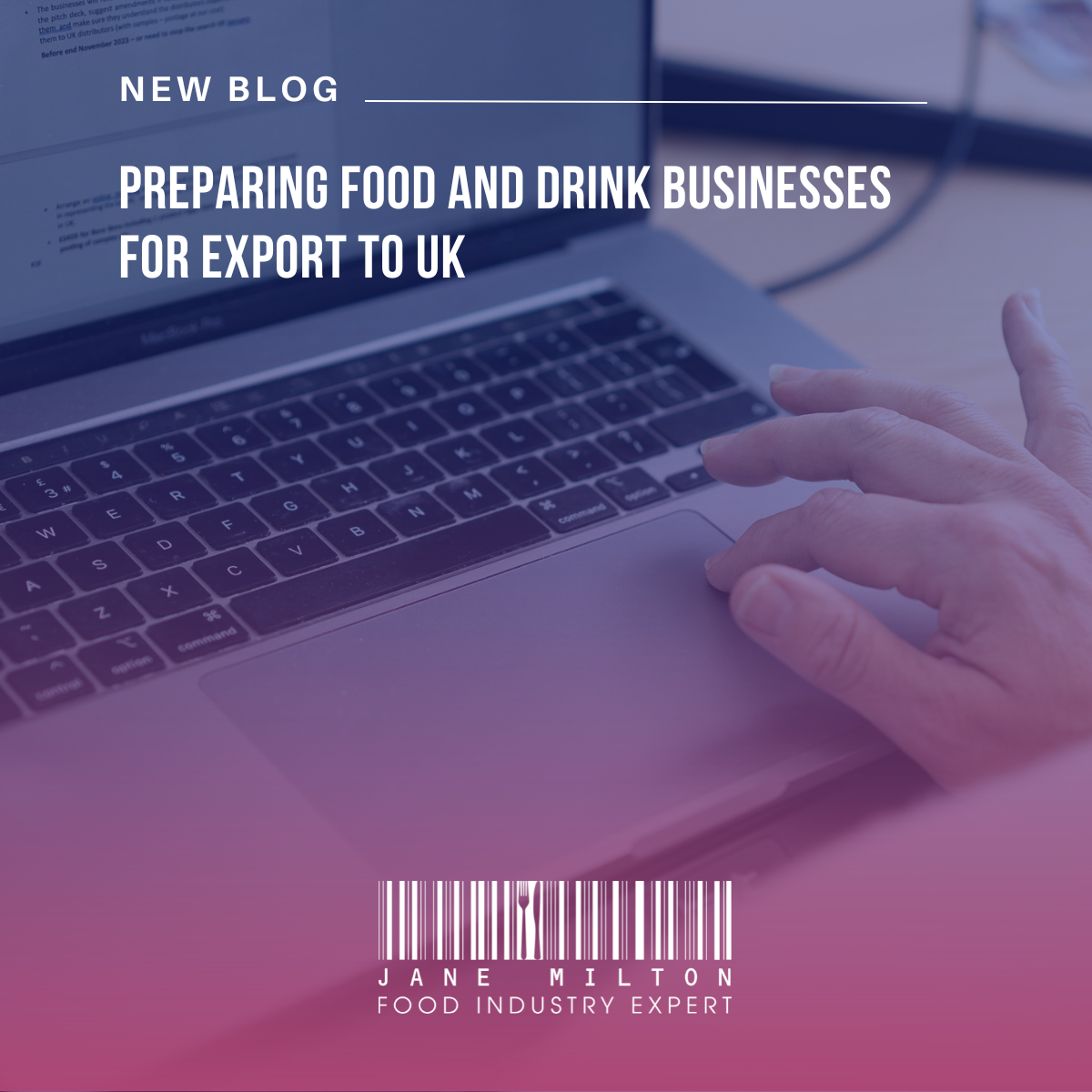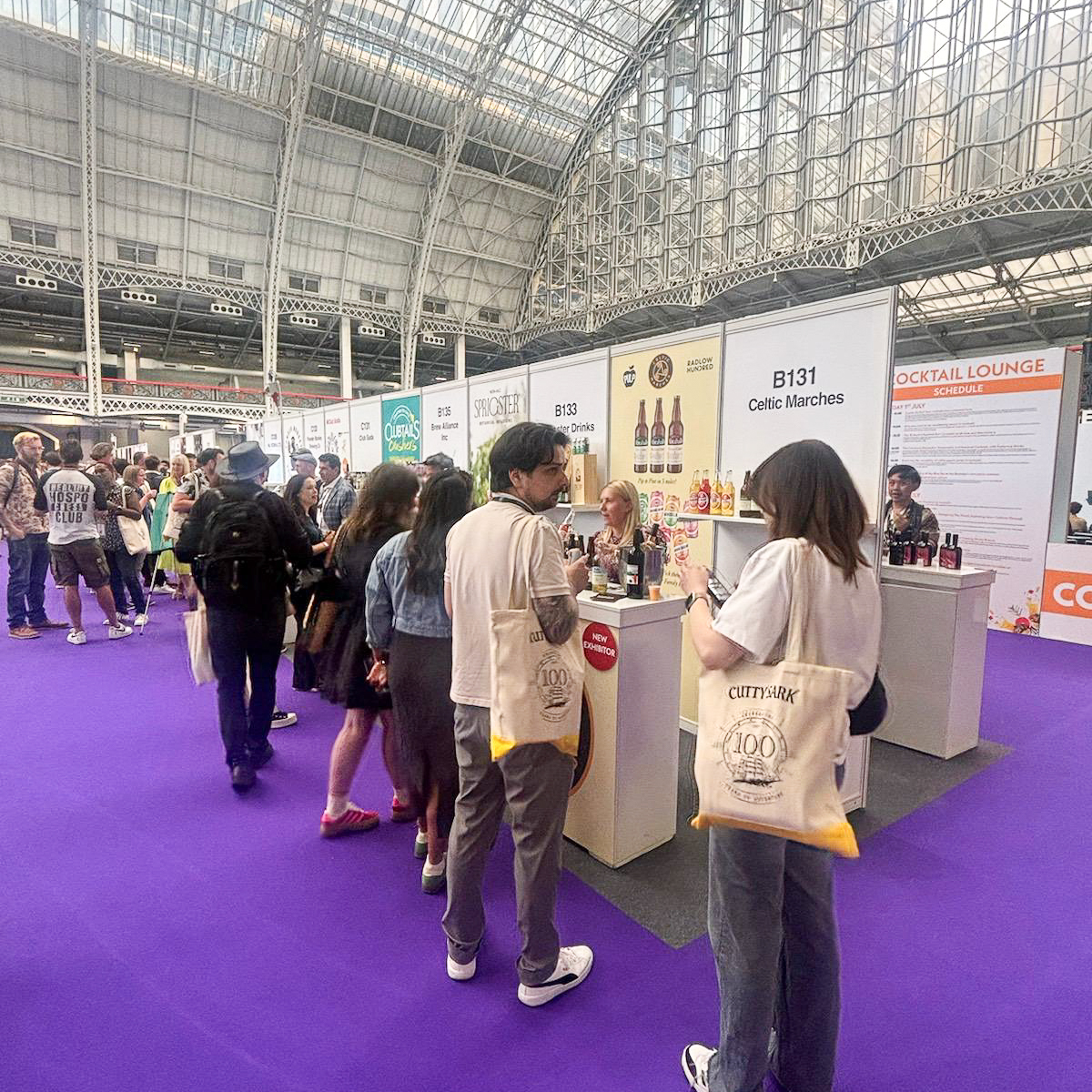
Campaigners battle the currents of fish depletion
Nearly a third of the world’s commercial fisheries have collapsed according to the World Wildlife Fund giving rise to a number of global campaigns to save our fishes’ future. And it’s not only the fish that are suffering. Those involved in the industry are subject to many human rights abuses according to claims by Greenpeace. The NGO states more than half the working fishing population are subjected to forced labour.
On the supply side governments and producers have responded to the waves of protest in different ways producing an array of symbols and labels that aim to help consumers understand the provenance and methods used to obtain the fish they buy.
Tuna – one of the world’s most commercially valuable fish – is among the most high profile examples. The “dolphin friendly” label originated in the 1990s when consumers were horrified to hear modern day tuna fishing methods largely included the mass destruction of many other fish and marine wildlife.
More recently consumer awareness about pole and line caught tuna, the method which virtually eliminates the catching of other marine animals, is growing.
Global brands like John West declared it would make its tuna 100% sustainably caught by 2016. No wonder a media storm ensued this month when a Greenpeace study revealed the company was only 2% towards this target.
Princes, another huge brand, promised consumers they would be 100% sustainable by now but have only managed to source 25% of their tuna stocks sustainably.
This might suggest that there is a problem locating sustainable fish from the supplier point of view but the same Greenpeace study revealed by contrast that all the major UK supermarkets use 100% sustainably caught tuna in their own brand tins.
Two thoughts occur from these revelations. As a producer John West and its owner Thai Union need to show they are aware of what customers want and supply it, otherwise it will lose out. The newspaper articles in the wake of these revelations convey huge disappointment and negativity towards the brand. A large company like this should take a lead and a responsibility to help change this rather than moving the goal posts. Here is the perfect opportunity to better work with Greenpeace to find a way of reaching the target.
The second point is about the role social media plays in the coverage of such issues and how all brands needs to be aware of managing their profiles in an open and transparent way. Consumers are quick to voice their concerns now and John West needs to be proactive about its targets and show how it is trying to influence the market more to encourage and support more of us buying pole and line caught fish.
photo credit: Canva


